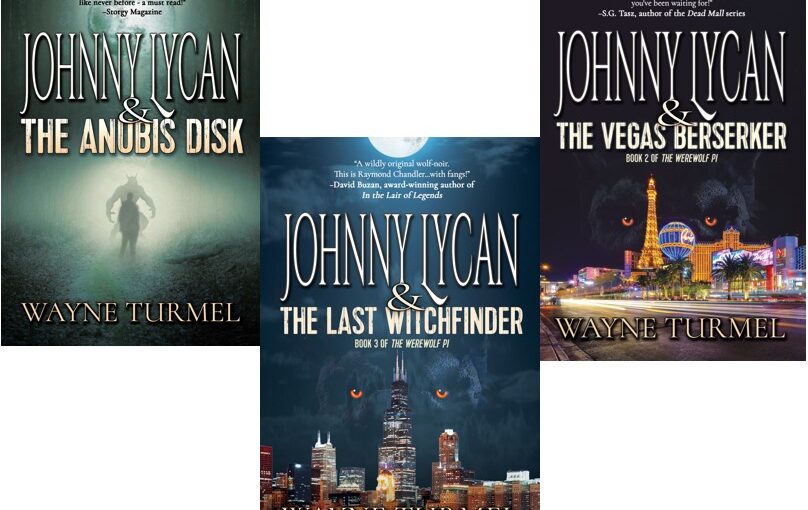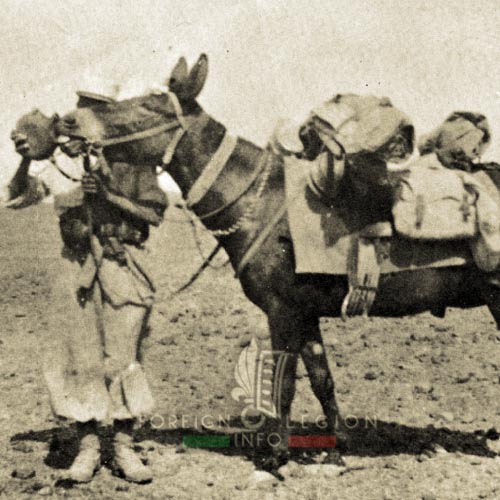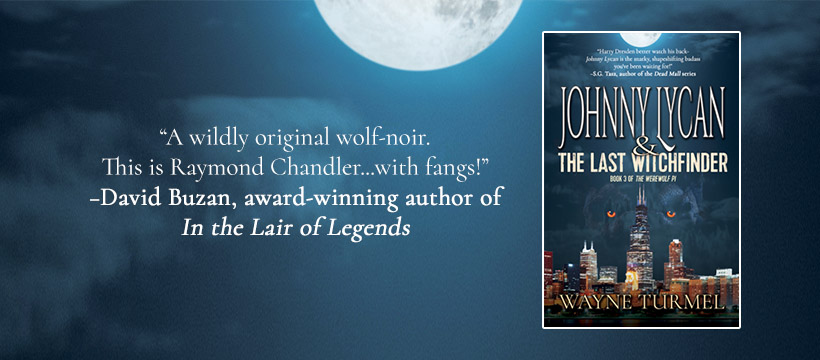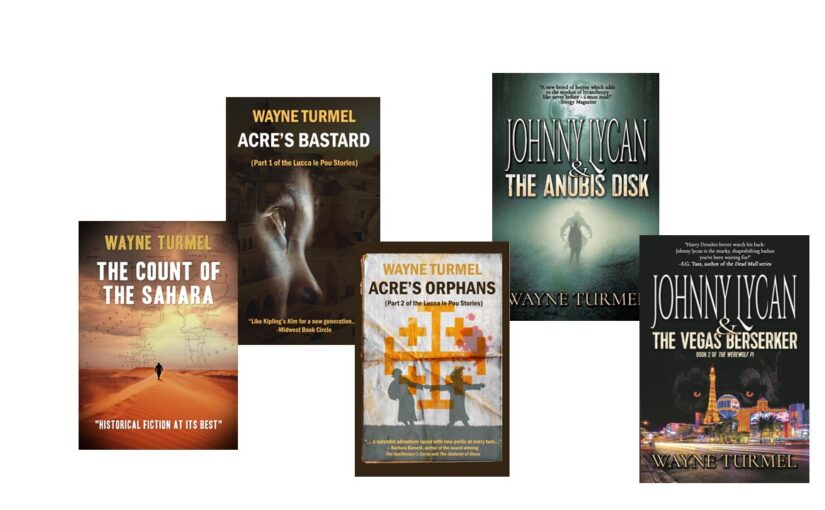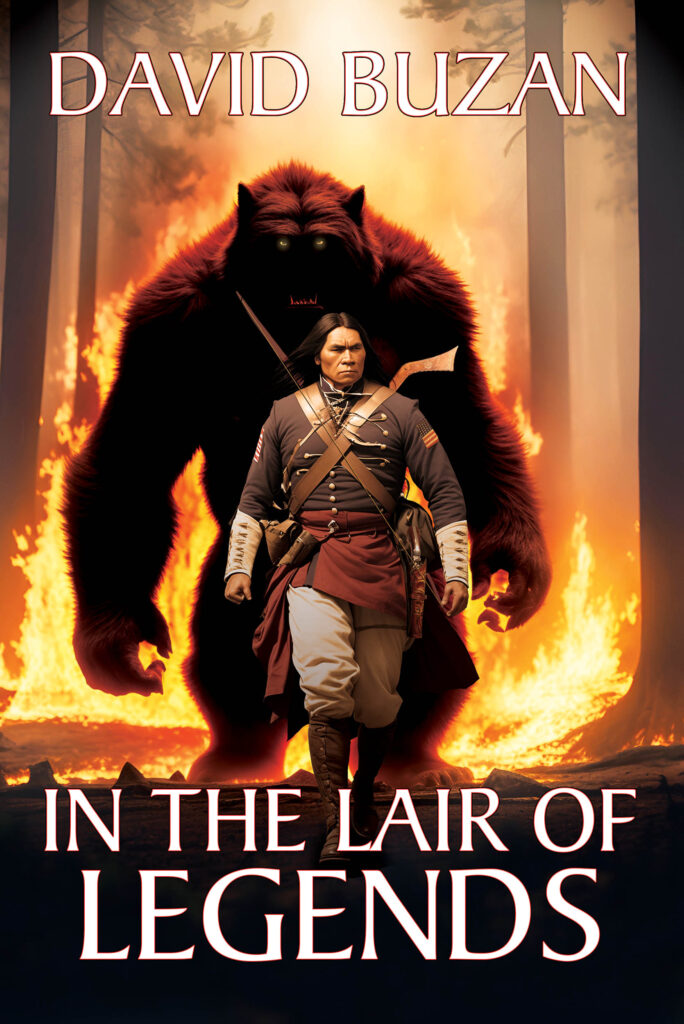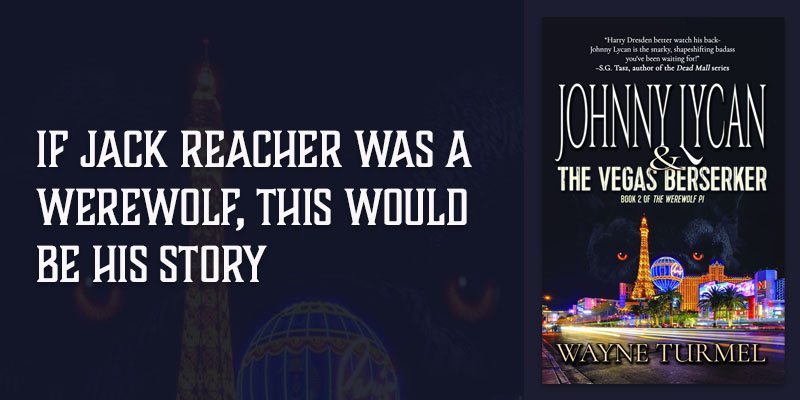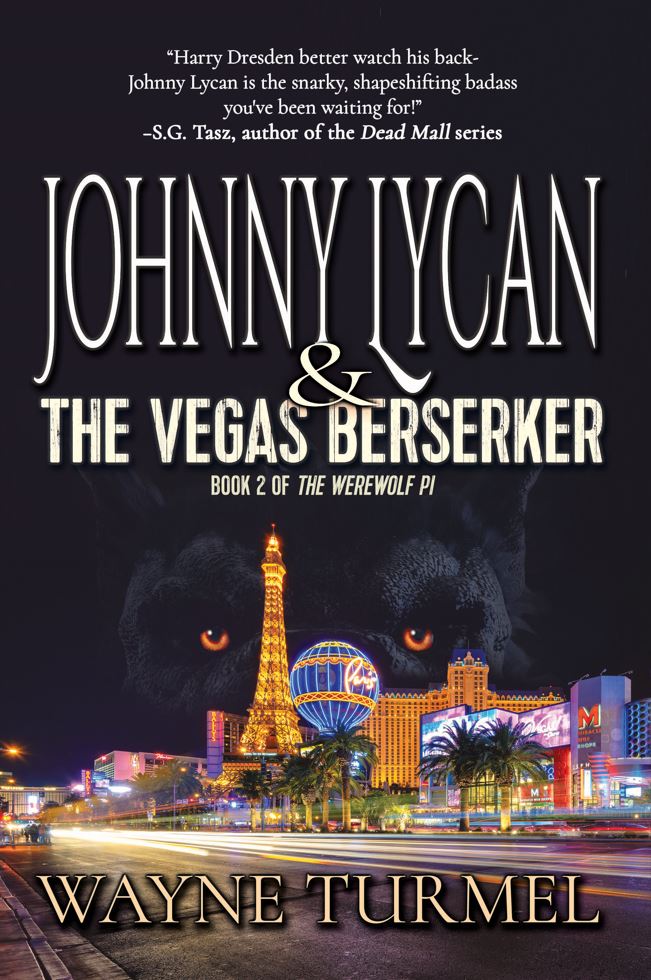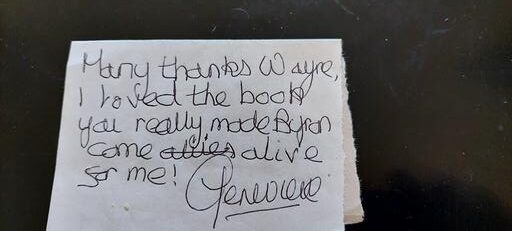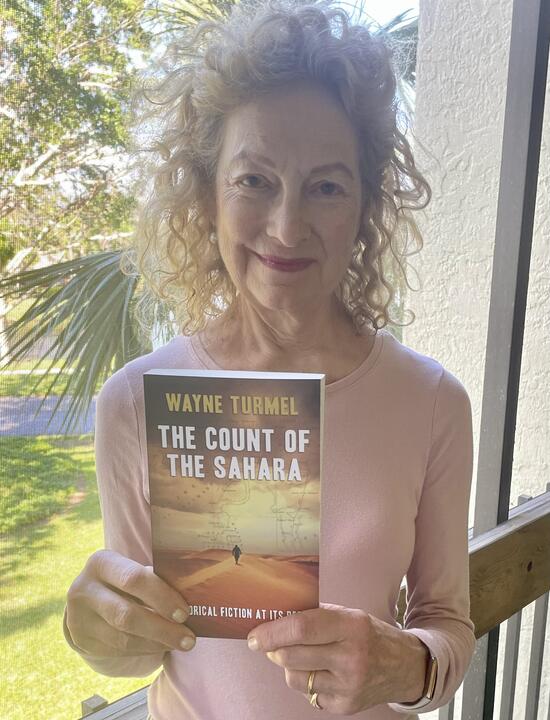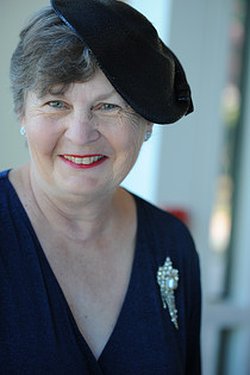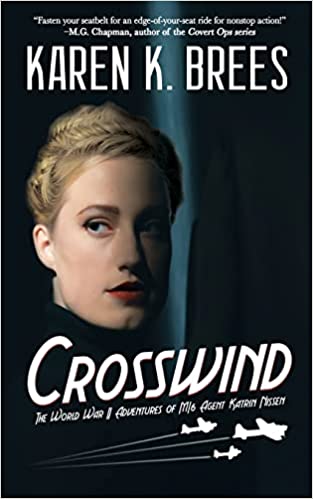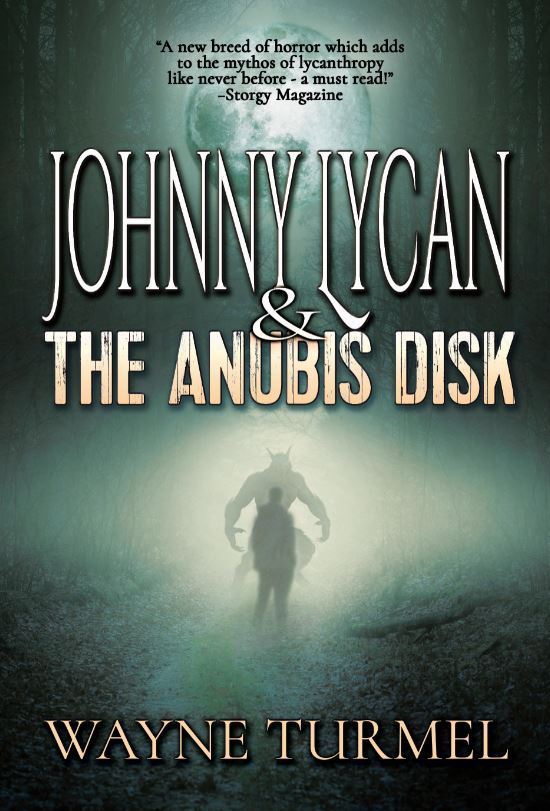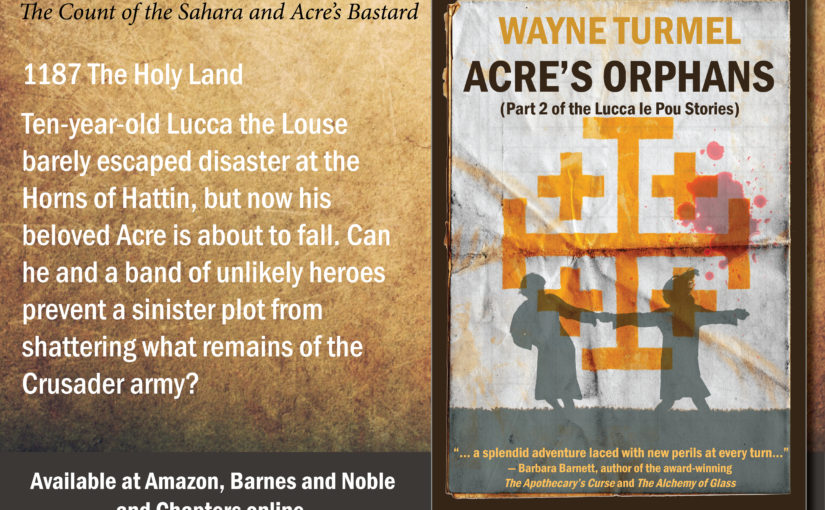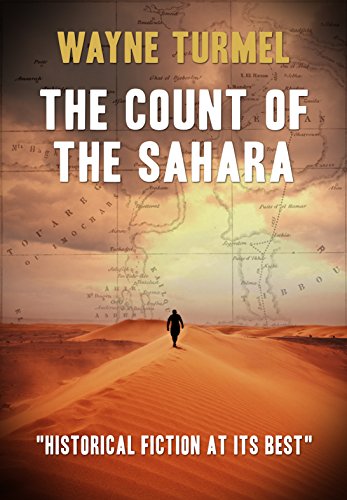I know nothing about painting, I really don’t. I envy people who can paint, draw and sculpt, but those aren’t skills I possess. While I find the Renaissance fascinating as history, I’m embarrassed by how little I really know about the key players. That’s where Stephanie Storey comes in.
I met Stephanie at the 2019 Las Vegas Writers Conference and we’ve remained in contact ever since. Her first novel, “Oil and Marble: a Novel of Leonardo and Michelangelo.” was terrific, and she has just released “Raphael, a Painter in Rome.” Read it, seriously.
Stephanie, what should people know about you?
I’m an art nerd and television producer out in Hollywood, which means, yes, I write about art history, but hopefully in an entertaining way. I was born and raised in Arkansas, but after living in Los Angeles for nearly twenty years, my husband — an actor and Emmy-winning comedy writer — and I travel the world full-time, well, not during the global pandemic. We are currently sheltering in place by a lake in Arkansas, which is the perfect spot from which to write my next novel and host a talk show from my living room. That’s right, Covid-19 has apparently pushed me to launch my own chat show where I connect virtually with some of my favorite writers to talk about their passions, process, and what makes their work relevant to your life today. At least this time, I really like the host.
What’s your new novel about?
My newest novel is entitled Raphael, Painter in Rome, which hopefully tells you that it’s about Raphael the Renaissance painter not the Teenaged Mutant Ninja Turtle. These are the years when the young, brilliant painter of perfection Raphael was decorating the pope’s private rooms while Michelangelo was just down the hall painting the Sistine Chapel ceiling, as they went head-to-head in the deadly halls of the Vatican to see which of them would become the greatest painter. This period in history–full of war, conspiring cardinals, and dangerous love affairs–is traditionally told from Michelangelo’s perspective, but I let Raphael tell the story of these events in his own voice, as he asks himself: “Is there a version of this story where I get to be the hero or does Michelangelo–and his miraculous ceiling–end the victor every time?”
What is it about that story that so fascinates you?
I’ve been obsessed with a guy by the name of Michelangelo for about twenty-five years, ever since I studied art in Italy as an undergraduate. I traveled to Florence and saw the David for the first time and then went down to Rome to see his Pieta and the Sistine, and my life was changed. I eventually set out on a pilgrimage to see every Michelangelo on public display in the world. But always, in the back of my head, lurked his most serious rival, Raphael. Raphael who was handsome and charming and beloved–the opposite of Michelangelo in so many ways. I knew I wanted to write a novel about their rivalry during the Sistine years, but the more I dug into the story, the more Raphael kept talking. He, frankly, wouldn’t shut up. So eventually I had no choice but to throw out Michelangelo’s point-of-view and let Raphael tell his own version of events. Now, Raphael doesn’t only rival Michelangelo as a painter in my mind, but in my heart, too.
I love the fact that the e-book has links to the actual artwork you’re talking about which really brings it to life. What’s your favorite part of the book?
You ask impossible questions, Wayne! I can’t pick just one! But I’ll highlight the one that I keep reading at my events (virtual for now!): It’s when Raphael and Michelangelo meet face to face for the first time. Raphael has snuck into Florence’s city hall and is trying to get a glimpse of Michelangelo’s designs for a fresco he is about to put up on the wall. Michelangelo is a paranoid recluse who doesn’t let anyone look at his work before it’s finished, so when he catches Raphael spying, Michelangelo climbs the scaffolding to take a marble hammer to Raphael’s head… I love this scene because it’s the first time Raphael sees Michelangelo’s drawings, and he’s shaken as much by the sculptor’s talent on paper as by his temper. I also love seeing Michelangelo through Raphael’s eyes because we not only get to see the disheveled stinky sculptor of history, but also a man consumed by passion and drive and desperation… to me it’s a beautiful portrait of Michelangelo that only a guy with the heart of Raphael could capture. But also, at this moment, when he’s faced with the dynamism of Michelangelo’s personality and art, Raphael has a chance to expose what drives him: a desire to bend the world toward beauty.
Where can people learn more about the wonder that is you, and see your new author talk show?
My website is StephanieStorey.com where you can learn about the history behind the novels, brush up on your writing skills, or find a museum to visit (once museums are open again). You can also see my talk show “Storey Time” where I interview other authors on my Team Storey YouTube Channel. Or you can find me on Goodreads, Bookbub, Barnes and Noble, Amazon, Twitter, Facebook, Instagram, or search for my book recommendations on BookShop.org which supports local, independent bookstores!
By the way, since Stephanie has such fabulous taste, here’s what she said about my upcoming novel, Johnny Lycan and the Anubis Disk:
Turmel offers a refreshingly modern take on werewolves, while leading readers on a blood-thumping, high-stakes ride through the underbelly of Chicago. I never thought I would look forward to the company of a werewolf, but Johnny Lycan’s quick wit and gruff candor made me think, “Now, there’s a hairy mythical creature with whom I’d like to sit down and have a beer.
Stephanie Storey, author, Raphael, Painter in Rome.
Sign up for my newsletter using the form on the left hand side of the page and get secret free stuff plus the first look at my upcoming book Johnny Lycan & the Anubis Disk. Of course, you can find all my novels on my Amazon author page.
